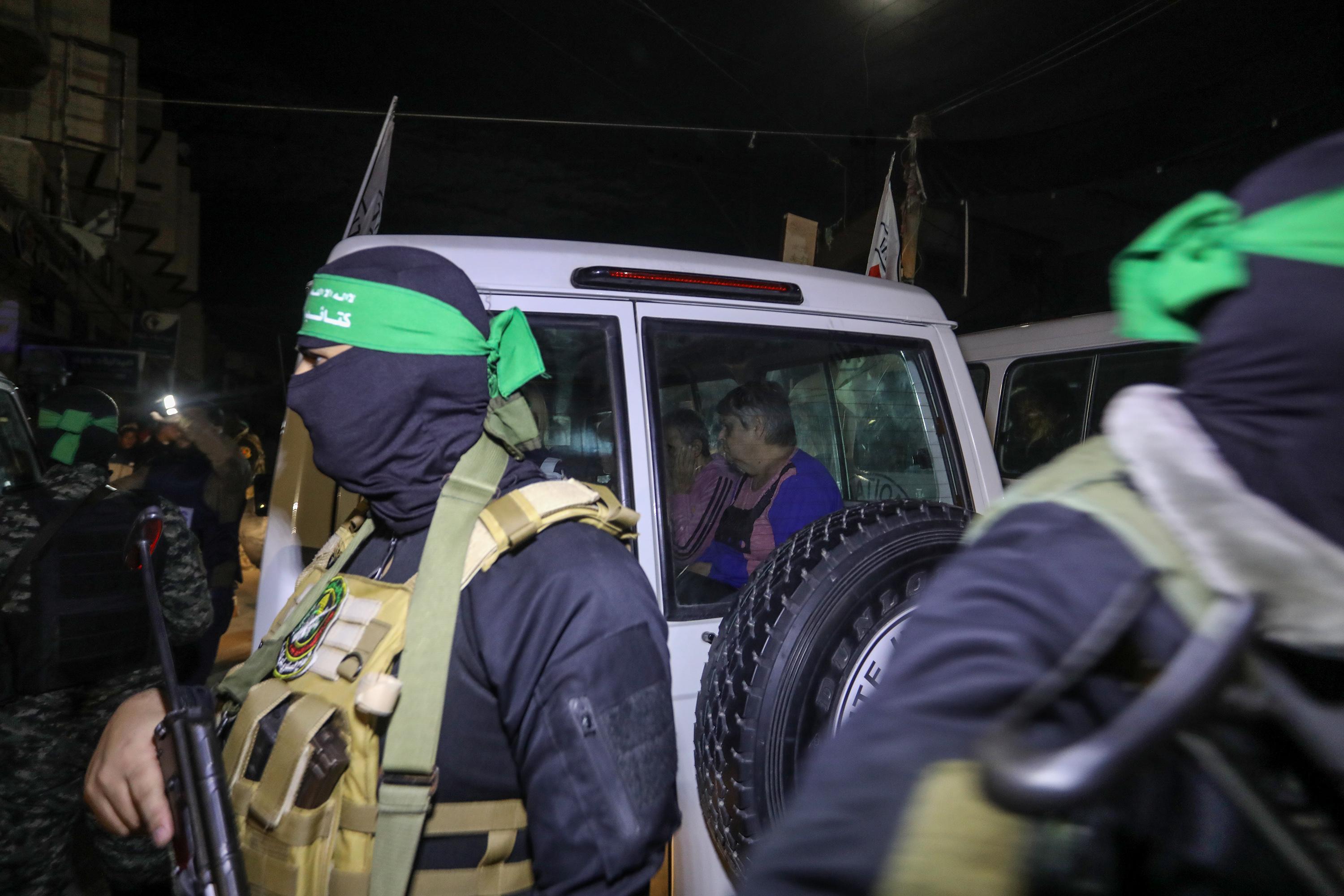Israel-Gaza War, Hostages
How Captives From Gaza Are Treated Upon Returning to Israel
54 released hostages have psychologists attached to them, 85 are still under observation, and two are still in hospital.

100 days since the Hamas attack on the Gaza Perimeter.
Today (Sunday), the Welfare Ministry published numbers regarding the handling of hostages returning to Israel from Hamas captivity.
From the moment the hostages are discharged from hospitals, the Welfare Ministry is charged with aiding and treating them. Every family or captive who returned to Israel has been assigned a social worker who was specially trained for handling them and is already in contact with the family.
In addition, 54 of the hostages have been assigned therapists by the National Insurance Institutes – psychologists, art therapists, and other therapeutic professionals. In addition, all those who return are still treated by the health system; some 85 are still under observation, with two still in hospital.
21 Children Returned from Hamas Captivity Are Back In School, Some Among the Evacuated Communities
The Welfare and Social Security Ministry also reported on the number of returnees who were moved to hotels or who returned to their homes after being discharged from the hospital. According to the numbers, 27 people moved to hotels and united with their communities, while 26 hostages moved to live with their relatives. 18 people returned to their homes. The numbers also show that 9 rented an apartment while 3 of the elderly released captives were placed in assisted living.
As for the children, the ministry reported that alongside the social aid, 21 children returned to school, some at their place of residence and some together with their evacuated community in a different educational framework.
Even before they returned to the country, the ministry’s professionals were prepared on how to absorb the hostages in accordance with their personal characteristics, age, and familial status. These briefings helped the social workers in the social services departments to learn about the state of the hostage or the family they are handling so they could approach them in the best and most professional manner possible and get them adapted to as normal a life routine as possible.